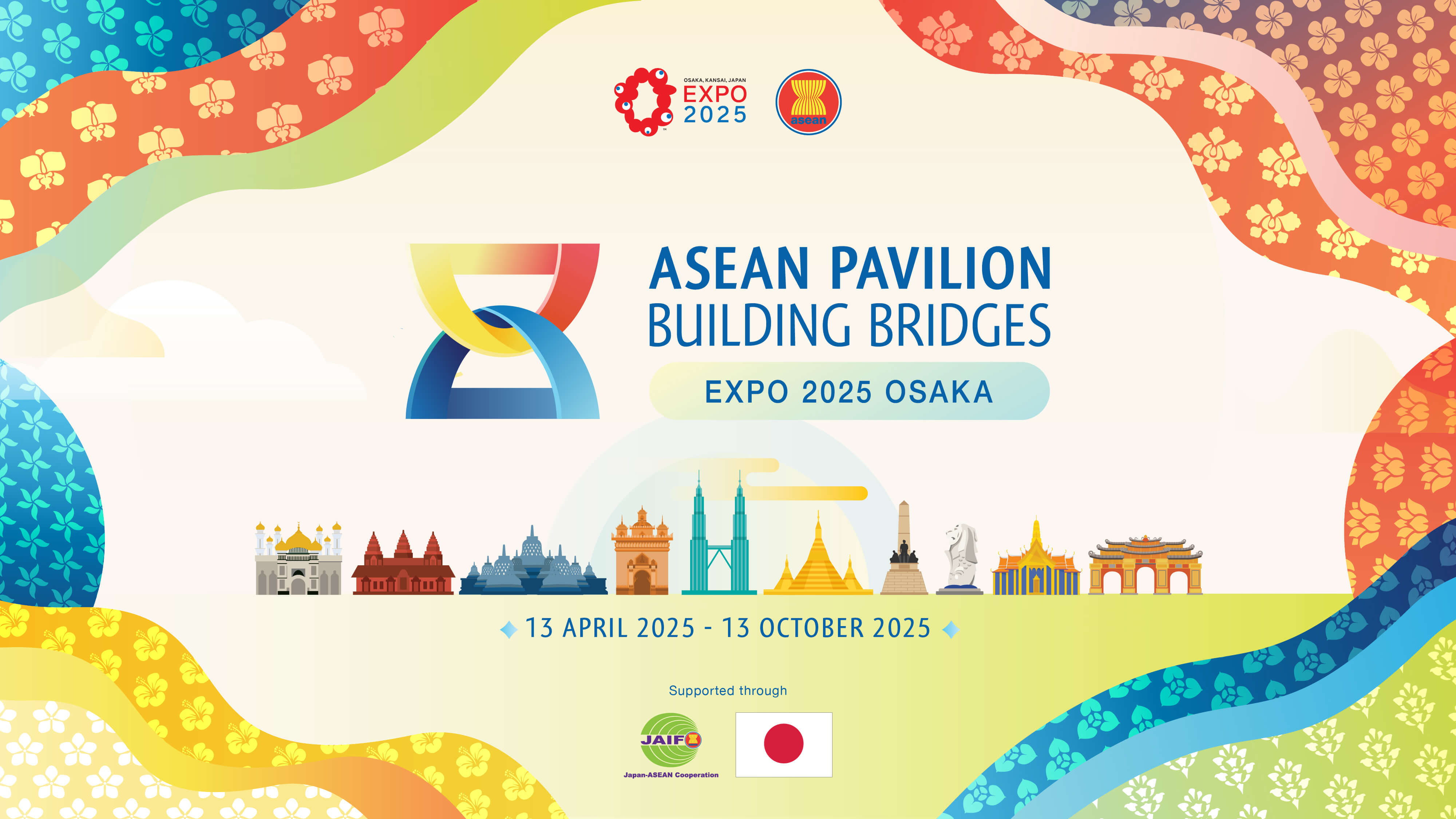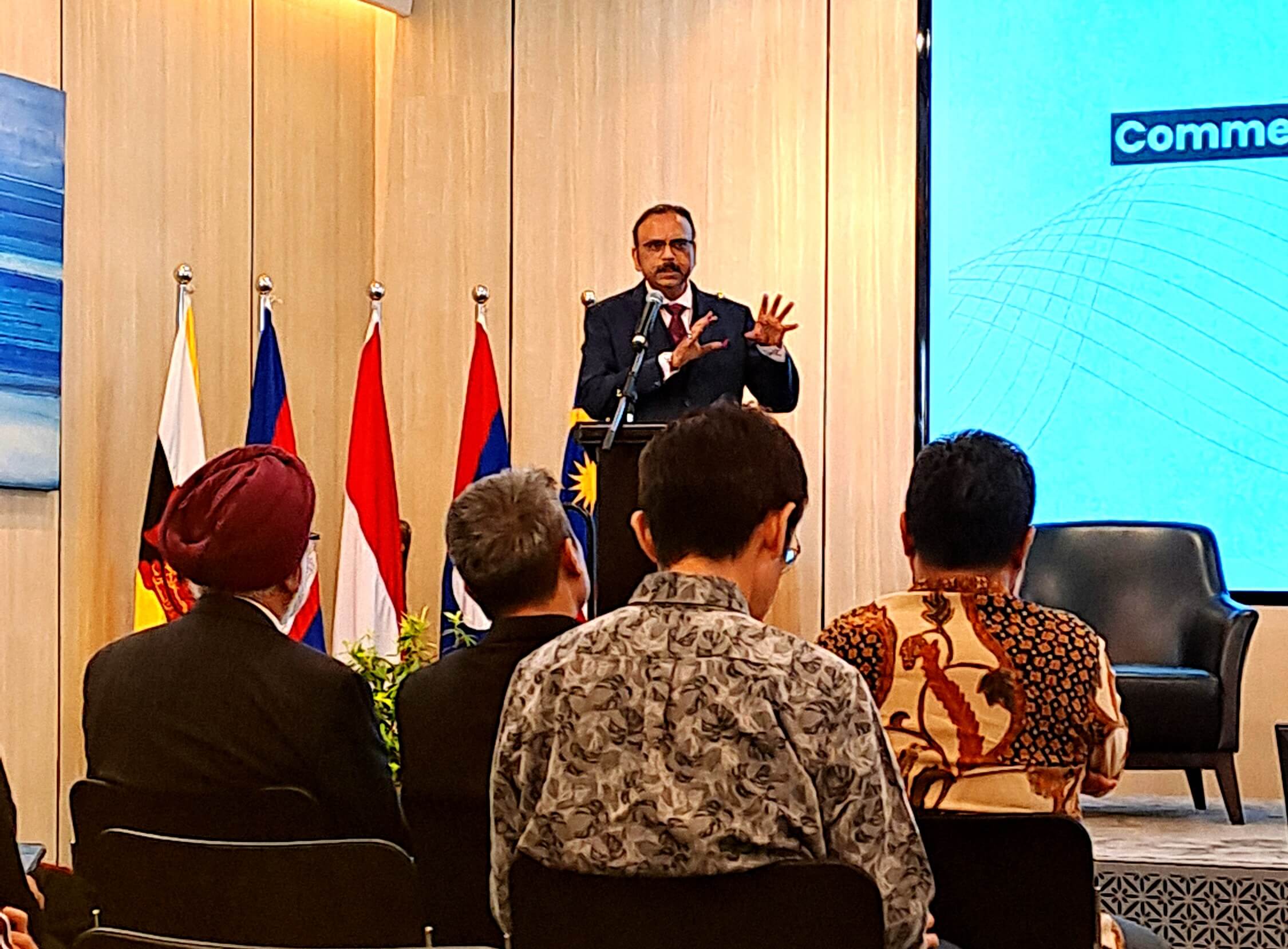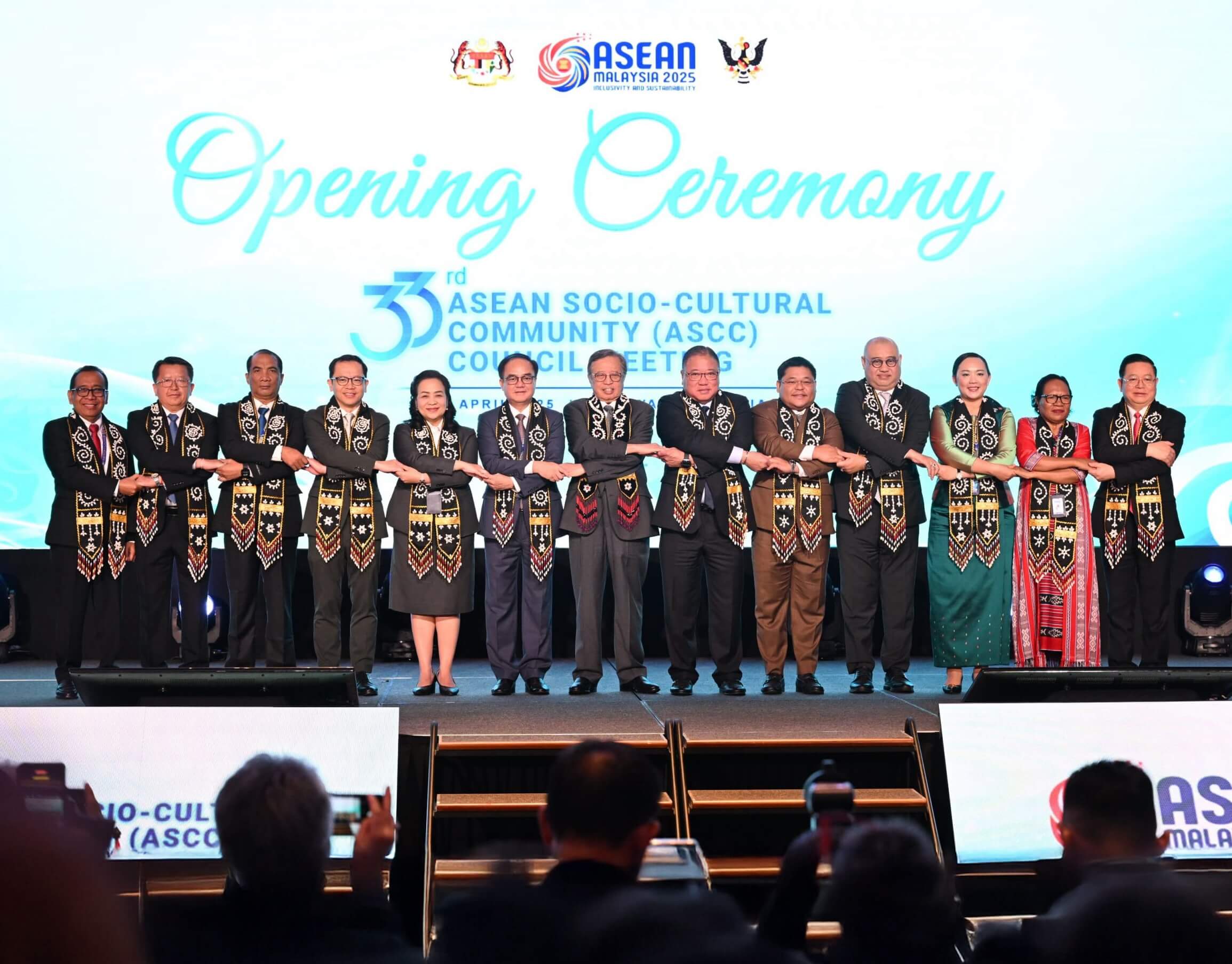



The ASEAN-India cultural and civilisational linkages form a solid bedrock for the connection between the ASEAN Member States and Nalanda University to flourish. The shift from the Look East Policy to the Act East Policy by the government of India, underlining the policy of connectivity, culture, and commerce, accelerates the momentum of this engagement.
Communities and cultures of Southeast Asia witnessed an intricate exchange pattern of knowledge and traditions, where the ancient Nalanda University and monastic centre functioned as an anchor promoting crosscultural dialogue. The essence of the reincarnated Nalanda University, likewise, is a new knowledge ecosystem. It is forward-looking but embraces the ancient ideals of universal relevance as feasible solutions to a shared and sustainable future for all. Thus, leaders of 16 member states of the East Asia Summit held in the Philippines in January 2007 endorsed the university’s re-establishment.
Nalanda University, in its present avatar under the aegis of India’s Ministry of External Affairs, is engaged in recreating this renascent vision based on Asian and Indian wisdom.
The university’s objective is to revitalise knowledge networks and peace in the ASEAN region. In this regard, under the leadership of ViceChancellor Professor Sunaina Singh, with the support of the ministry, the university has taken several measures as follows:
1. Various fellowships programmes for the students of the ASEAN region
i. Nalanda University supports aspiring students from ASEAN Member States through various scholarships and fellowships. Initially, six scholarships per year catered to the students from Cambodia, the Lao PDR, Myanmar, and Viet Nam. With the initiative of the Vice Chancellor and the Ministry, the ASEAN scholarship scheme was introduced in 2020 and expanded in 2022 to support students from all ASEAN Member States.
ii. The university also offers Bay of Bengal Initiative for Multi-Sectoral Technical and Economic Cooperation (BIMSTEC) scholarships (announced by the Honourable Prime Minister of India in 2018) to students from Thailand and Myanmar, the two ASEAN Member States that are also part of the BIMSTEC.
iii. Under the Indian Council for Cultural Relations, Ministry of External Affairs, several scholarships are available for the students from ASEAN Member States to pursue studies at Nalanda University.
iv. The government of Thailand offers scholarships to students from Thailand to study at Nalanda University.
2. Academic frameworks with ASEAN orientation
The courses and curriculum at Nalanda University are holistic in nature. In addition to developing subject-specific knowledge and expertise, experiential learning and imparting of culture and civilisation values are emphasised.
Various courses offered at the Master’s level across the schools show an ASEAN orientation. Courses like Making Culture Portable: Maritime Interconnections in Indian Ocean and Mnemocultures, Performance Studies, Ramayana Traditions in Southeast Asia, Writings from Southeast Asia Culture, Philosophy, Aesthetics and Management, Energy in Asia, Sustainable Asian Cities, Environment in Asia, etc., including several courses on Buddhist Philosophy, Buddhist Archaeology have witnessed active enrolment of students from the ASEAN region.
The university, with students from about 30 countries, has a vibrant academic atmosphere and a multicultural campus that is conducive for the students to hone skills and ideas to become future thought leaders.
3. Collaboration initiatives
The vice chancellor of Nalanda University has undertaken a number of initiatives to strengthen its engagement with the ASEAN region:
i. ASEAN-India Network of Universities
Envisioned by the Prime Minister of India, the ASEANIndia Network of Universities (AINU) shall create a knowledge ecosystem built through the linkages among the top academic institutions/ universities/research centres in ASEAN and India to address region-specific concerns. The focus areas of the project are Engineering, Science and Technology, Policy and Lawmaking, Trade and Investments, Peace and Security, Sustainable Development, Humanities, Religion, Cultural Intersections, and Blue Economy.
The three phases of the AINU project include: AINUFaculty Exchange Programme, AINU-Student Exchange Programme, and AINU-Joint Doctorate Programme. Various participating institutions in these programmes constitute a consortium that would provide a basis for future collaborative endeavours. Nalanda University is the nodal Institution of the AINU consortium.
ii. Common Archival Resource
The Common Archival Resource Centre (CARC) is a digital archive initiative that curates digital collections, particularly from South and Southeast Asia. The Centre is intended to preserve and globally share Asia-related information and resources—highlighting the history, material culture, trade networks, heritage, religious ideas and practices, oral and performative traditions, civilisation, and Asian networks of interaction— besides designing and offering academic opportunities for continued exploration of these f ields. The idea of the CARC was envisaged in the MekongGanga Cooperation summit in 2015.
The Centre offers a portal to form clusters, which cater to the digital conditions of production, circulation, consumption, appropriation, storage, and re-usage of various forms of knowledge in Asia.
iii. Centre for Bay of Bengal Studies
In the announcement made by the Prime Minister of India in August 2018, the Vice Chancellor established the research centre to lead research in the Bay of Bengal region through various disciplinary angles, notably “civilisation, history, arts, culture, languages, heritage, global maritime trade routes, and maritime laws.” The centre also focuses on security, trade, development, oceanography, environment, and marine ecology.
iv. Centre for Conflict Resolution and Peace Studies
Fulfilling the mandates of the university, “to contribute to the promotion of regional peace and vision by bringing together the future leaders of East Asia,” the Centre intends to be proactively involved in various capacity-building initiatives and research endeavours.
Nalanda University is actively fulfilling its mandates and, through the knowledge routes, building bridges and expanding the dimensions of ASEAN wisdom.








